As the two Koreas, which have traded artillery fire and very loud K-pop over their border in recent days, continue slogging through talks to de-escalate tensions, one traditional actor is missing: China. Beijing used to hover noisily around such talks. But as the negotiations, which are now routinely being described as “marathon,” drag on into their third day, China — North Korea’s historic brother-in-arms and South Korea’s largest trading partner — has resorted to quietly sniping on the sidelines.
“As North Korea’s only ally and South Korea’s new best friend in the region, China has a natural role,” says John Delury, an associate professor at Yonsei University in Seoul and an avid watcher of both China and the Koreas. “Beijing has been noticeably, almost painfully, absent from the escalating tension on the Korean peninsula in the last couple weeks. Other than anodyne calls for everybody to exercise self-restraint, Beijing has had nothing to say or do to improve the situation.”
Despite a truce in 1953, the two Koreas are still technically at war, and the latest frictions were catalyzed earlier this month by the maiming of South Korean troops in the demilitarized zone (DMZ) border area by land mines presumed to have been laid by the North Koreans. As talks ground on, South Korean President Park Geun-hye demanded an apology for the attack — for which the North Koreans deny responsibility — even as the South kept up its psychological warfare against its cloistered neighbor by broadcasting news and pop music from loudspeakers on the border. North Korea has responded to the aural assault by firing over the border, prompting South Korea to respond with its artillery. The South Korean Defense Ministry says that North Korean troops are amassing at the border and that North Korean submarines have left their normal base.
The relationship between China and North Korea used to be famously close, in Mao Zedong’s words, as “lips and teeth.” China sent waves of its troops to fight on the North Korean side during the Korean War; Mao’s own son died during the conflict. One of the members of China’s current Standing Committee, the country’s seven-man leadership clique, was educated at Kim Il Sung University in Pyongyang, where he studied — as hard as it may be to believe — economics.
PHOTOS: This is how North Korea's government wants you to see Kim Jong Un
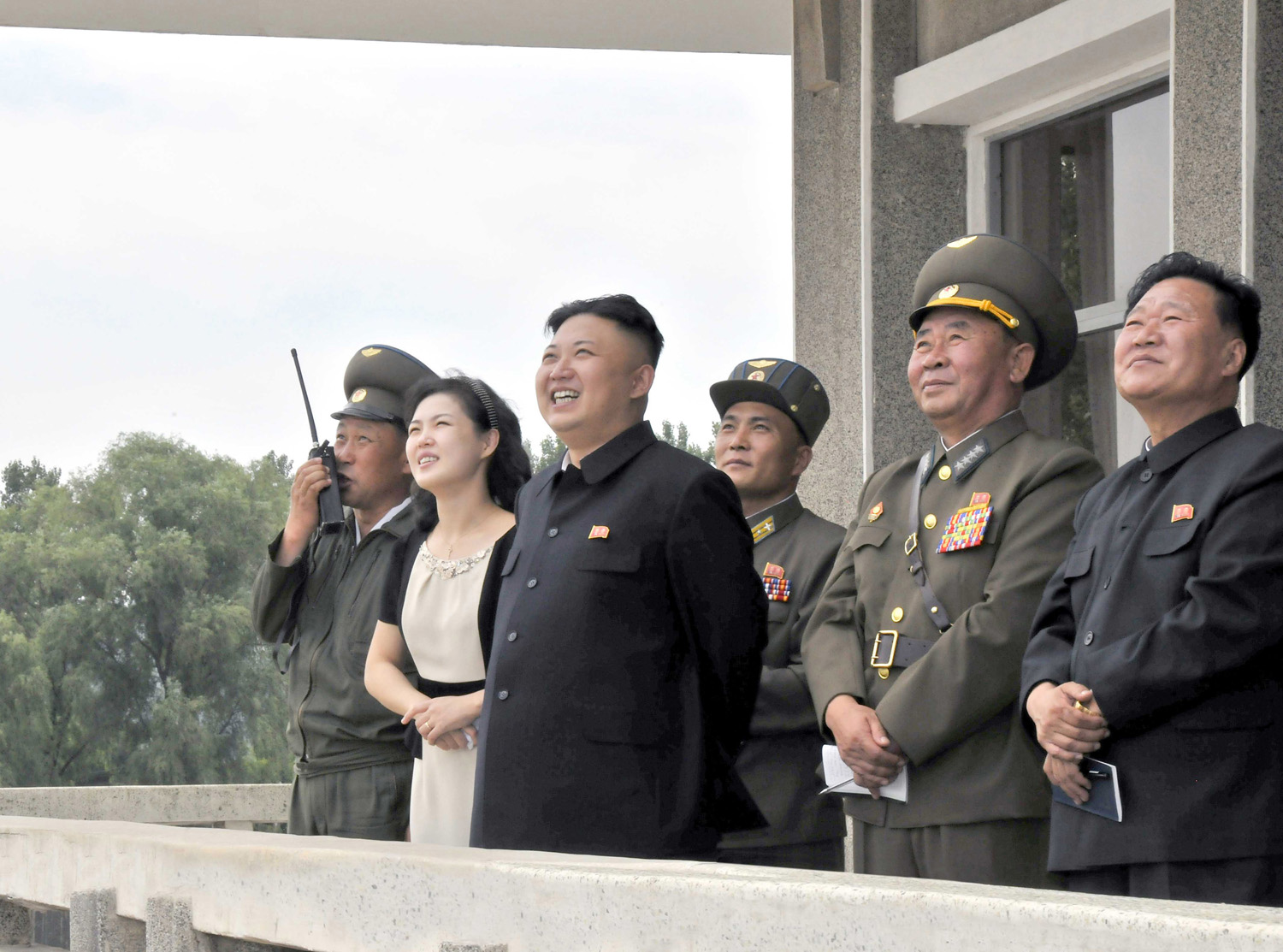
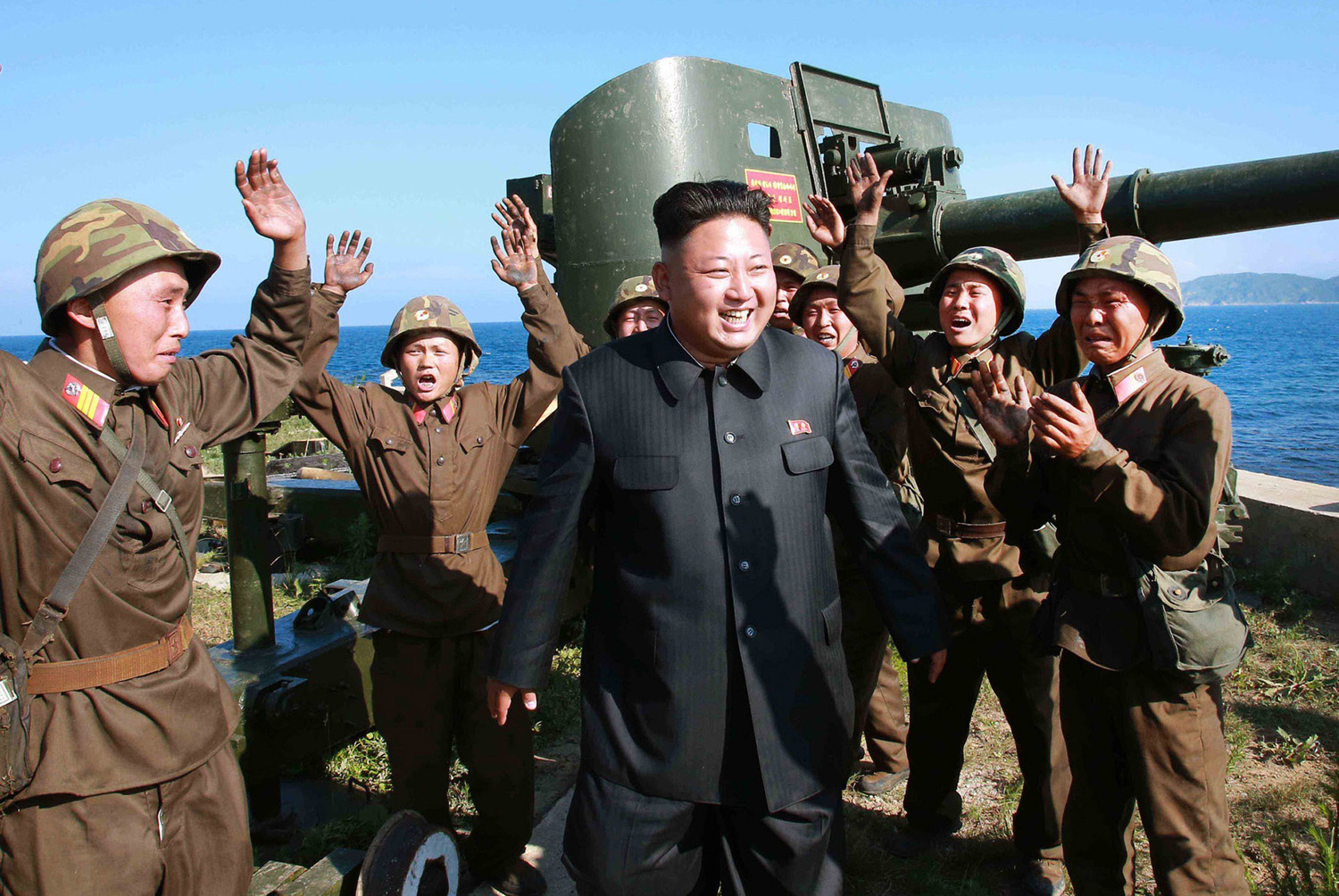
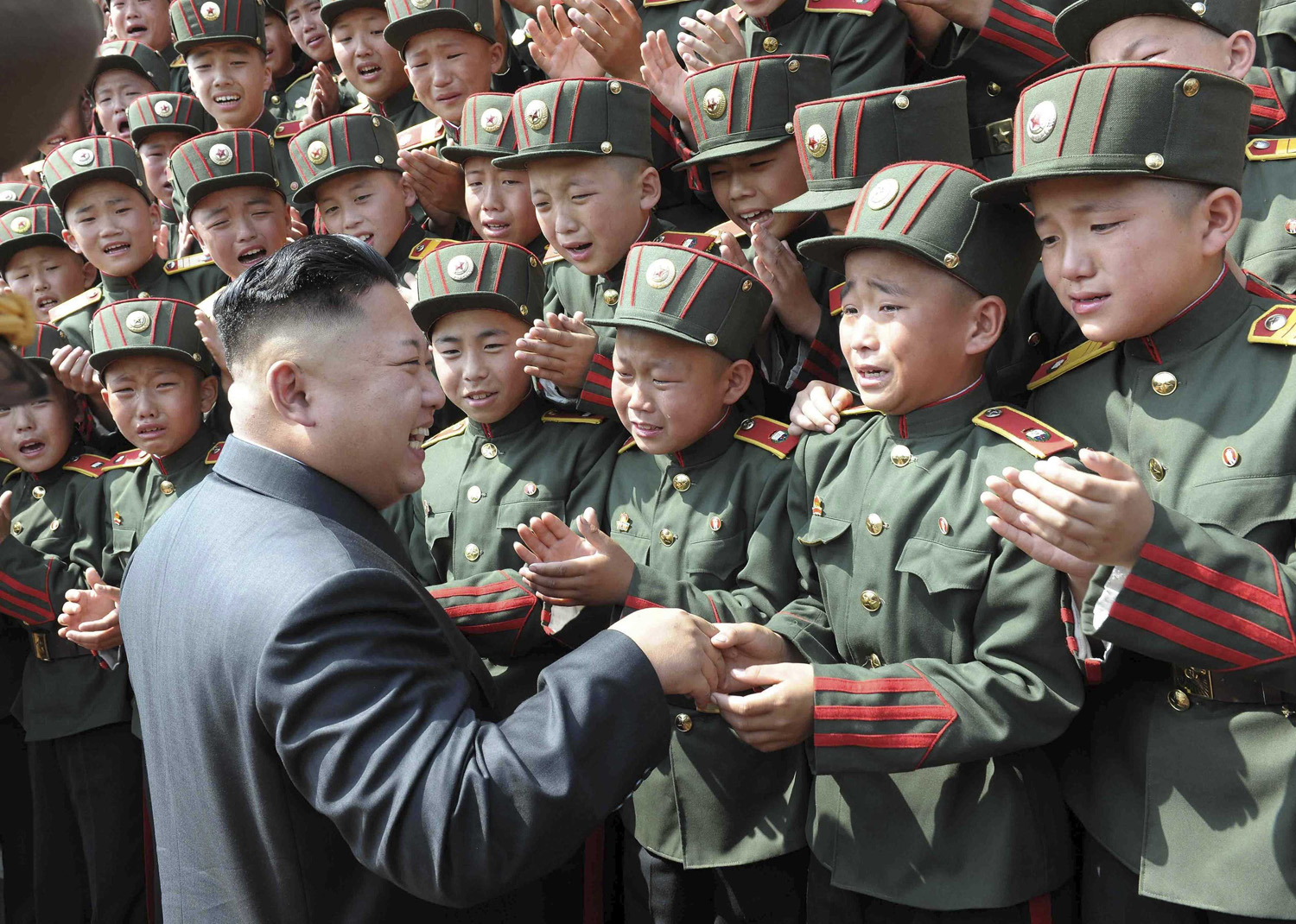
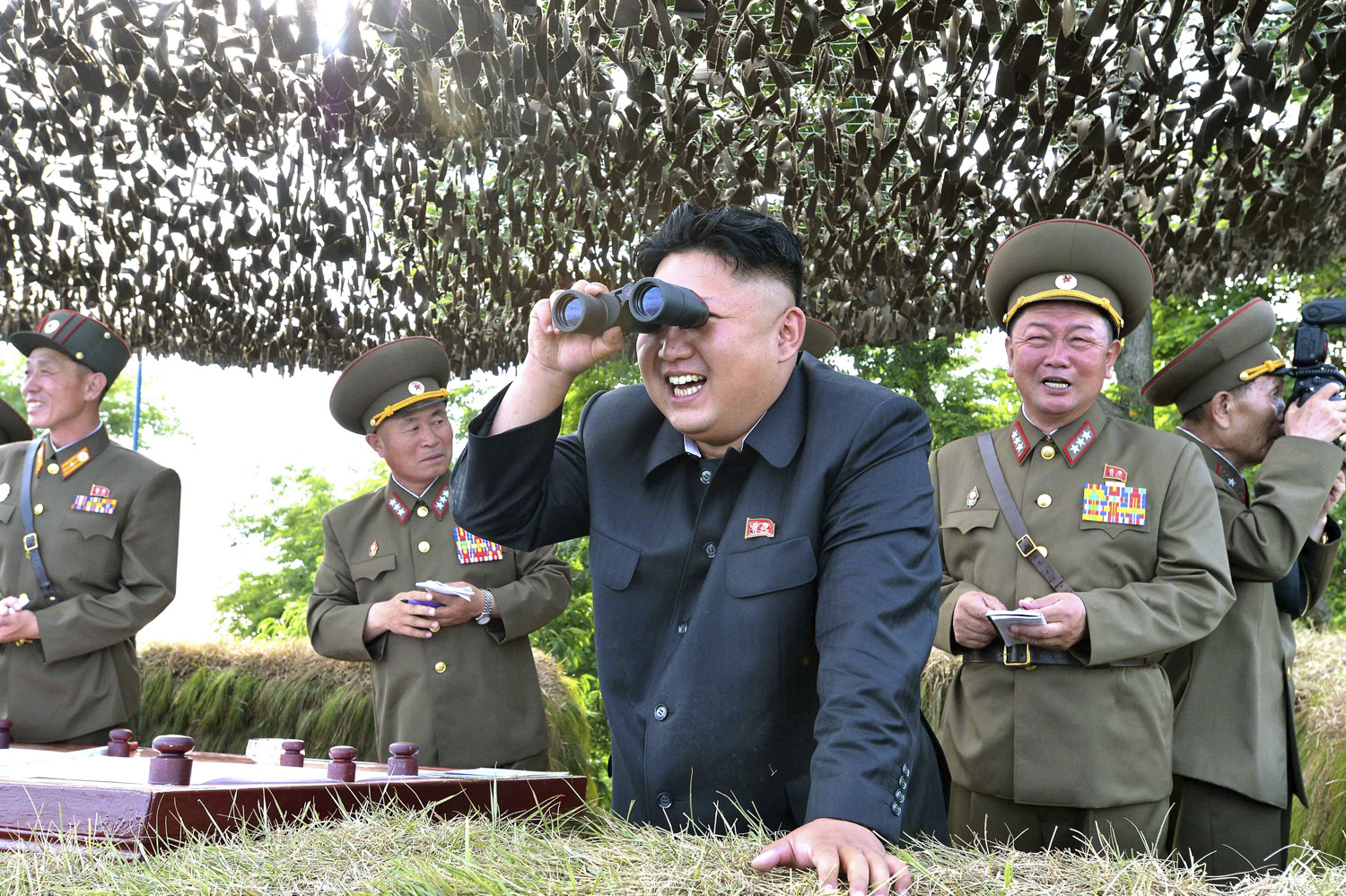
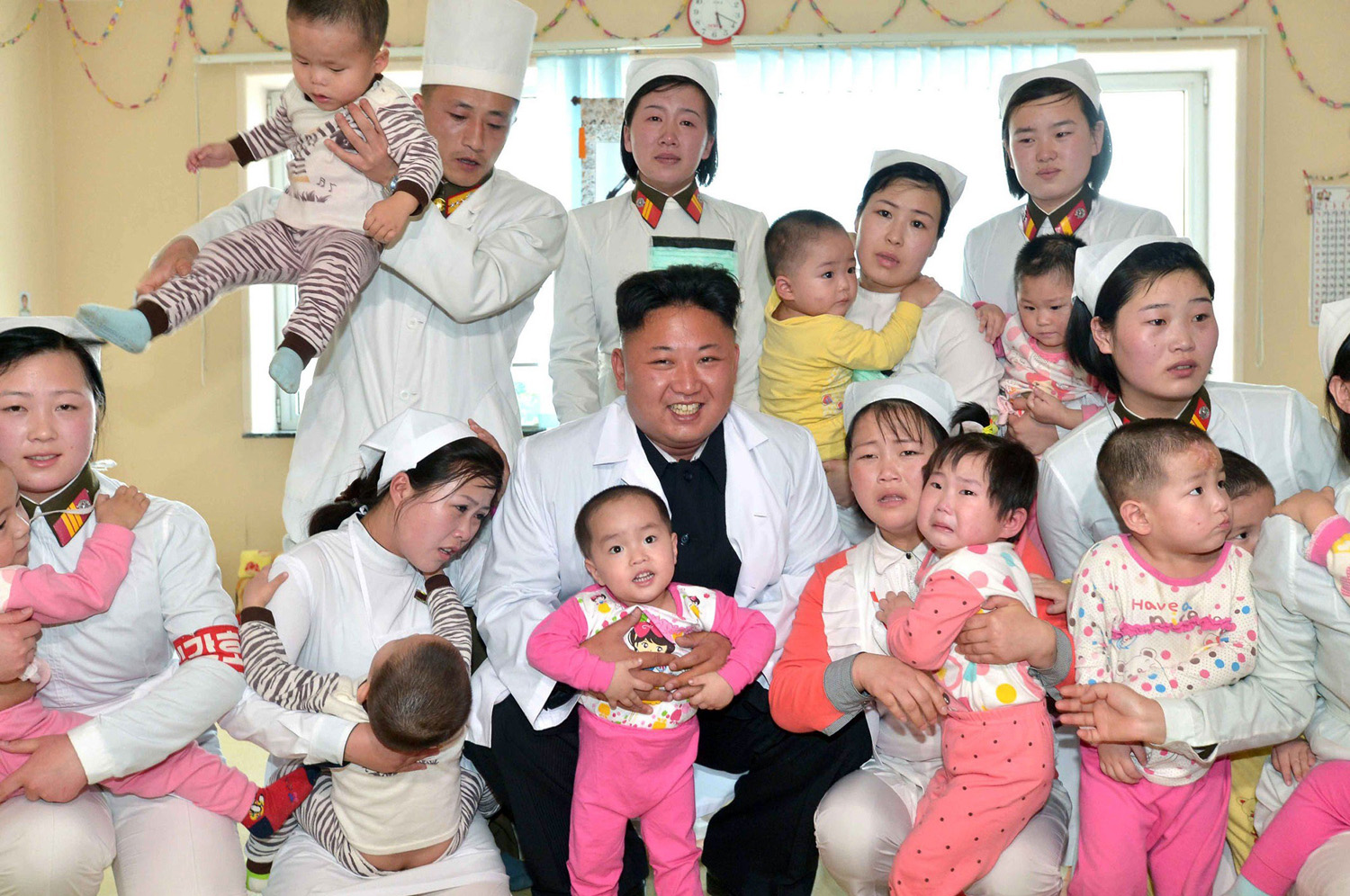
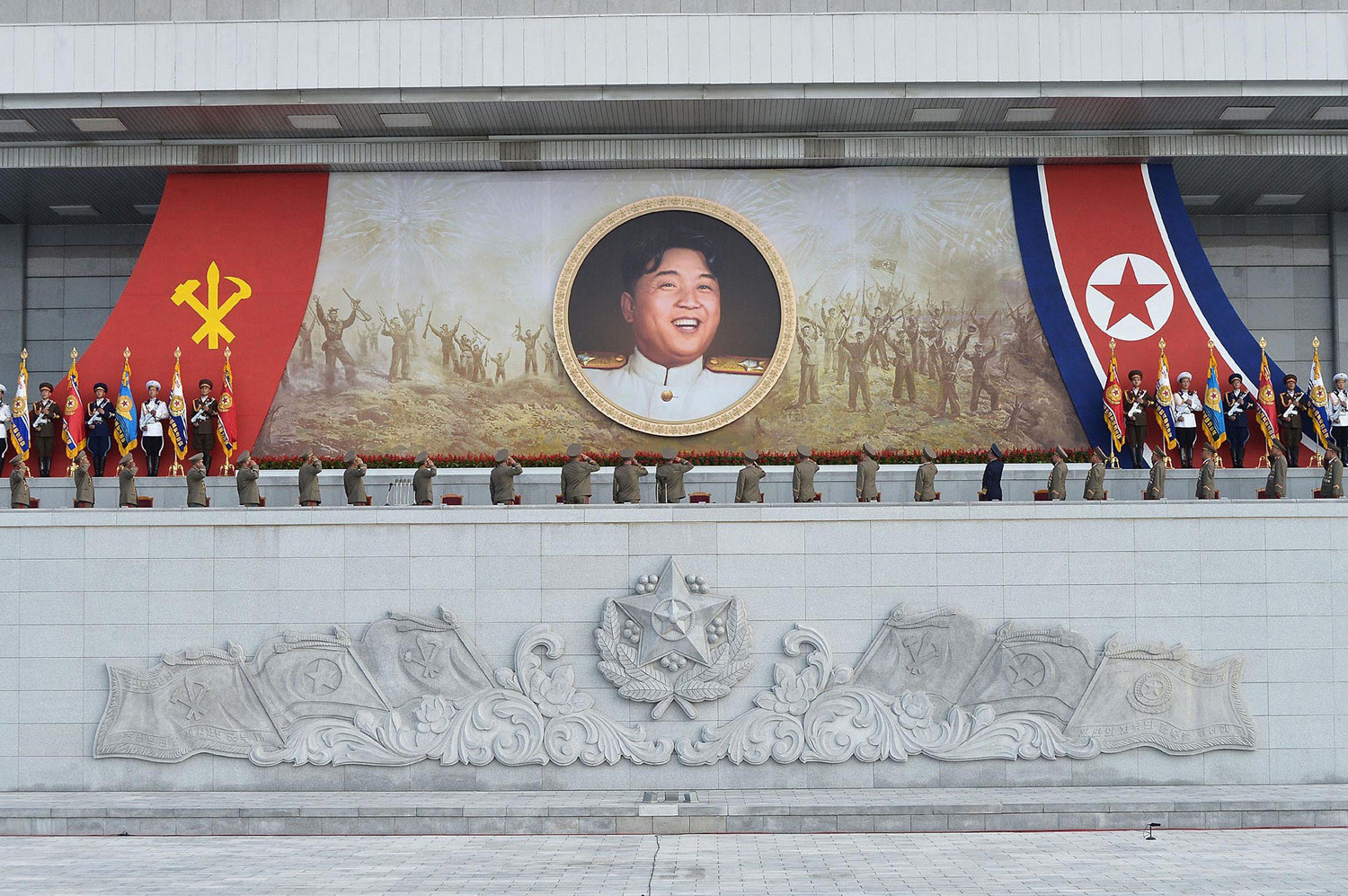
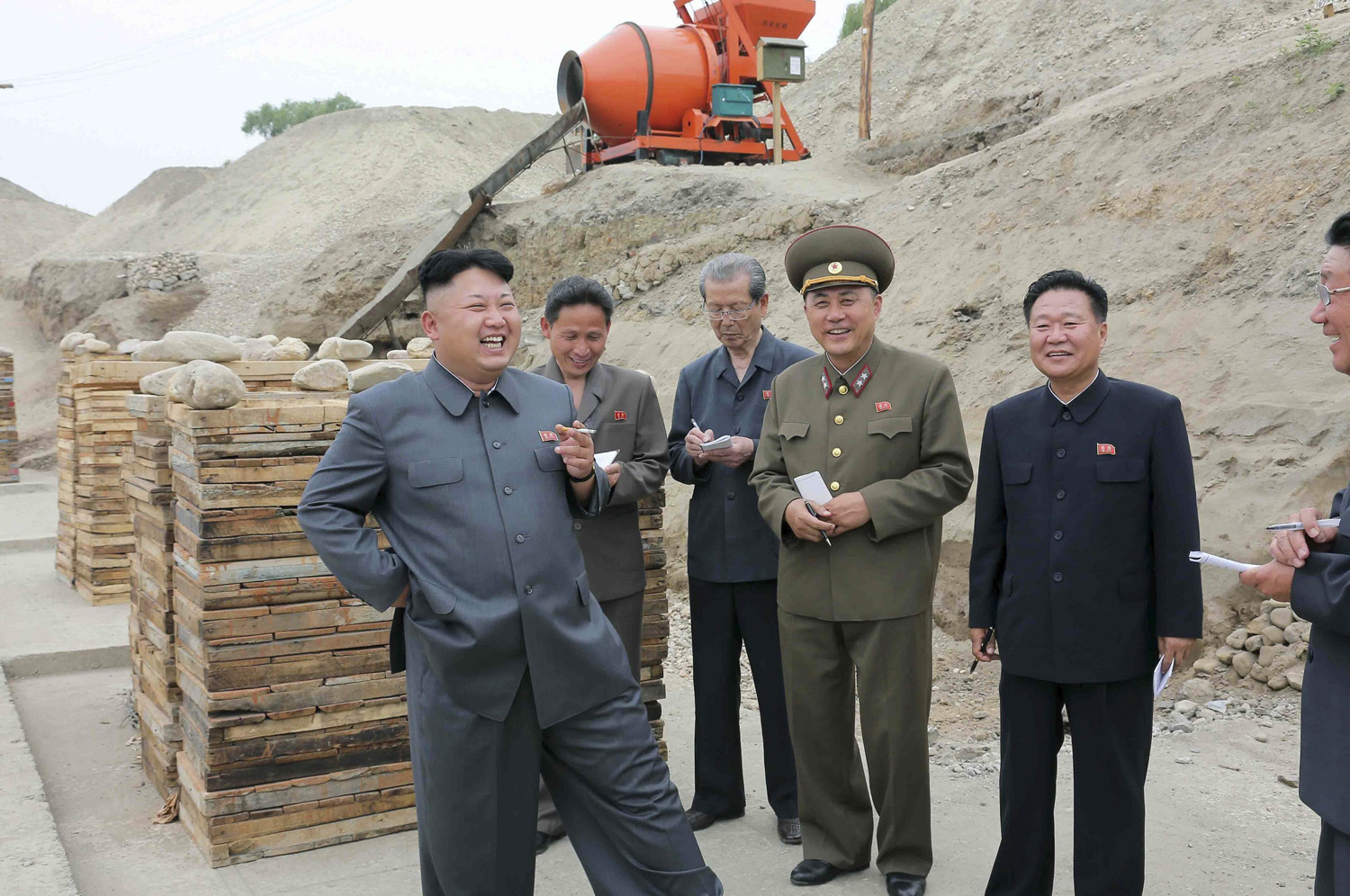
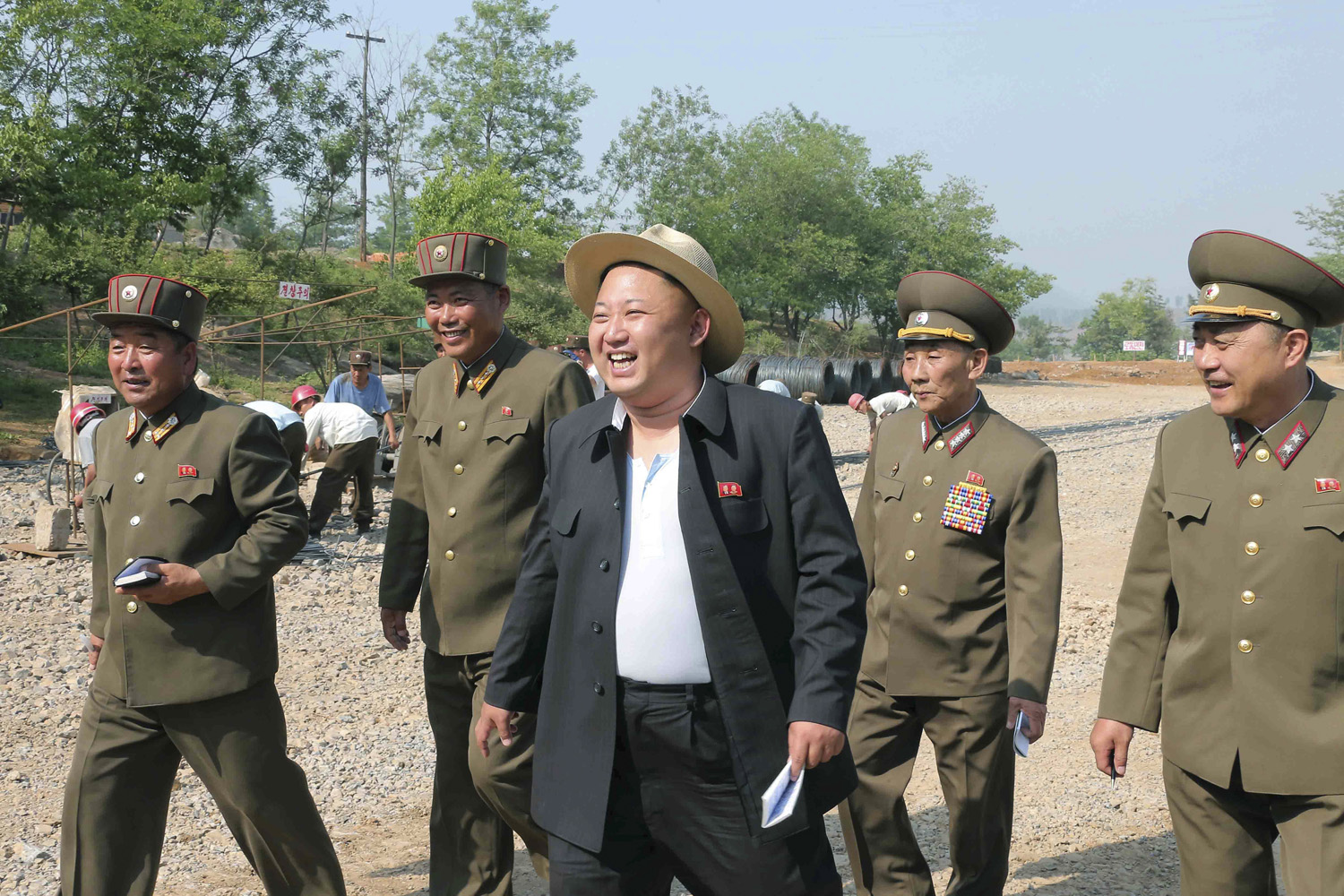
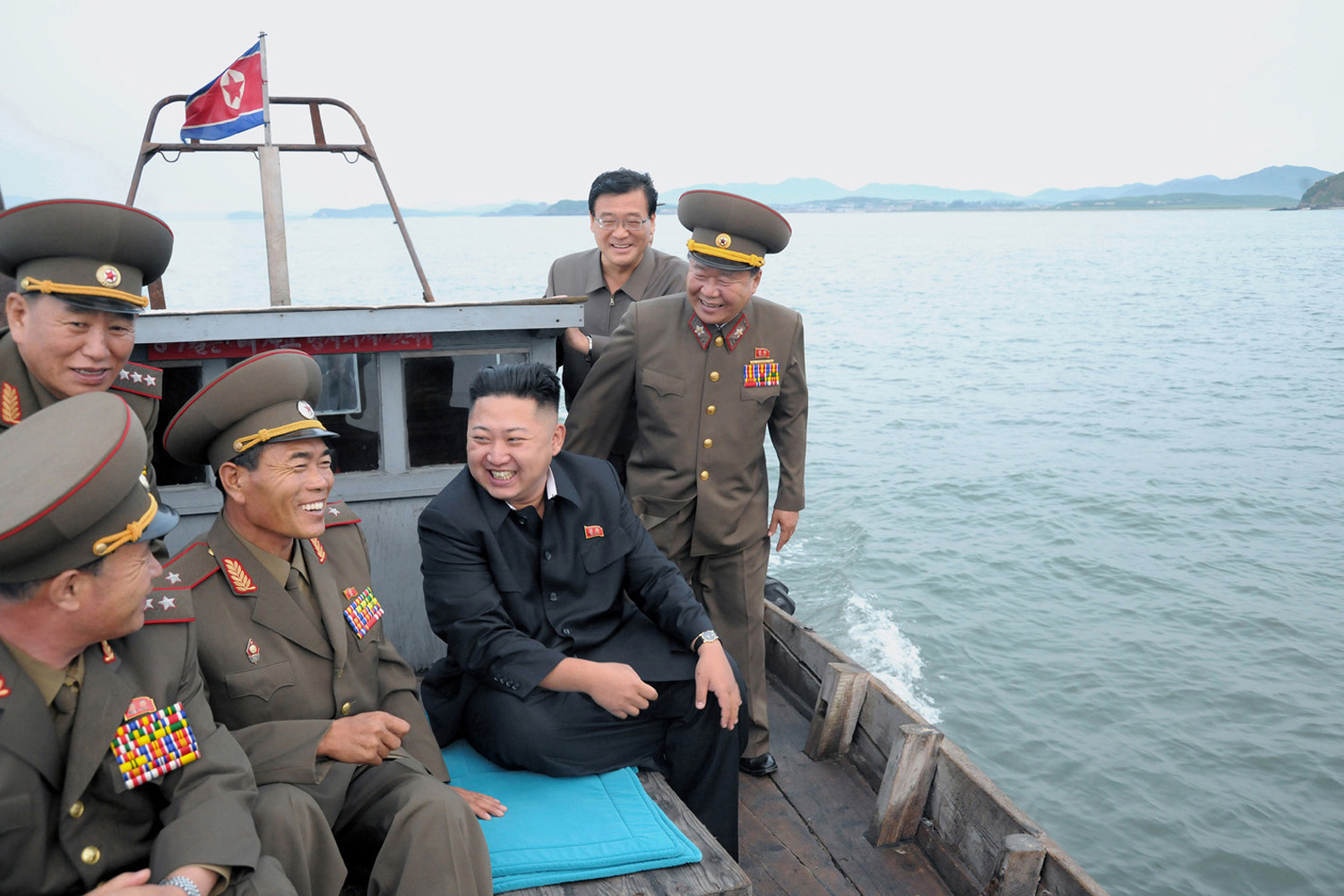
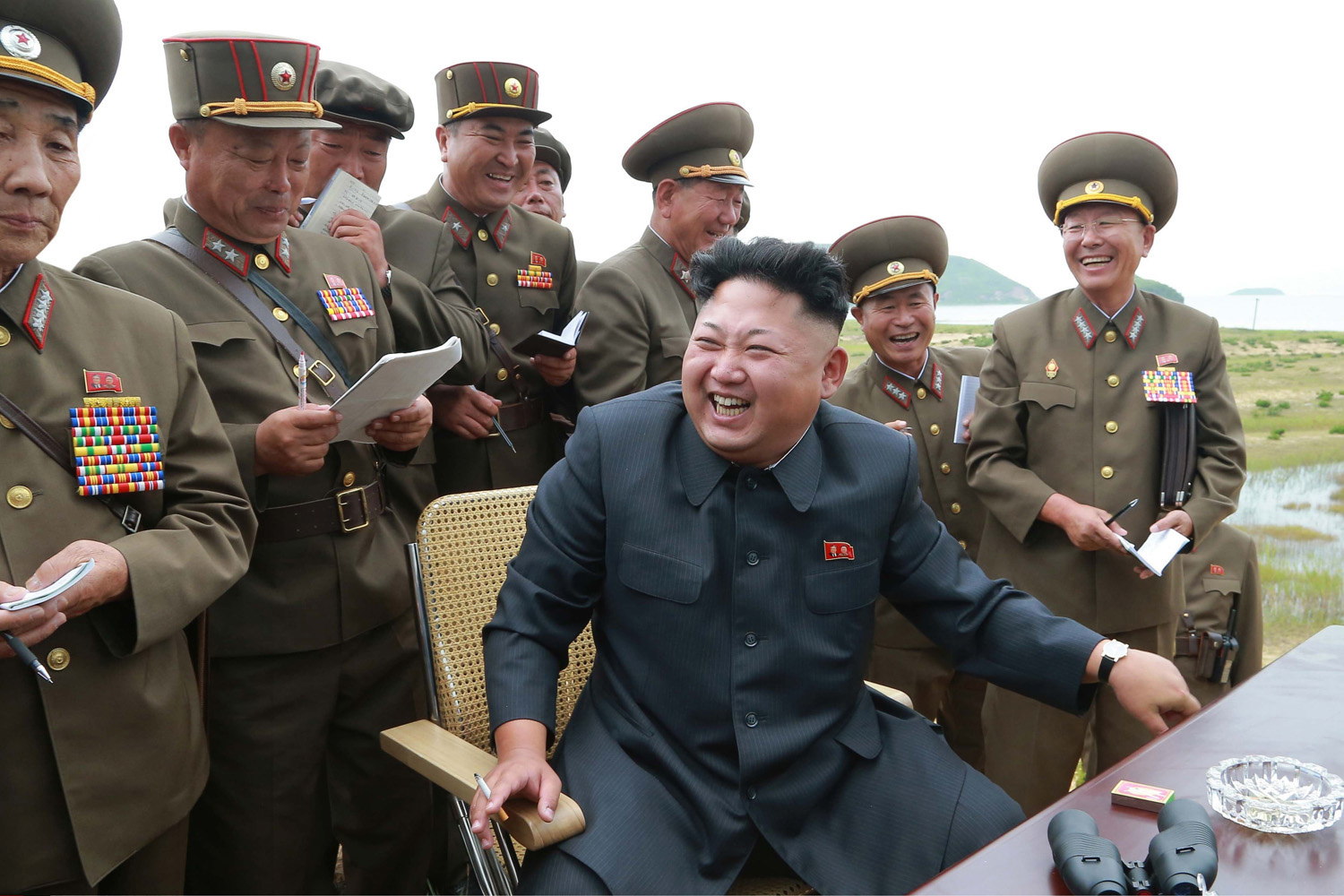
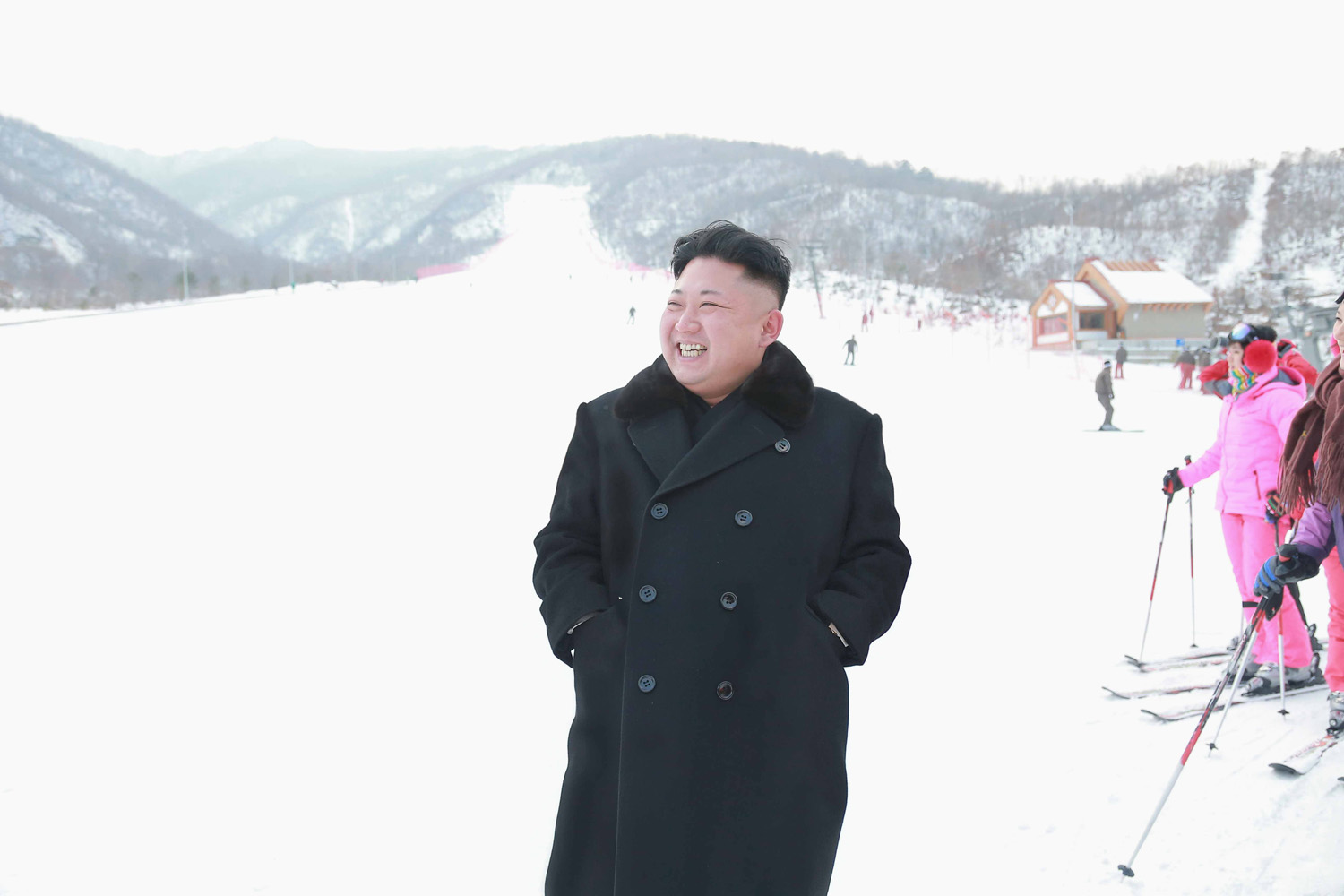
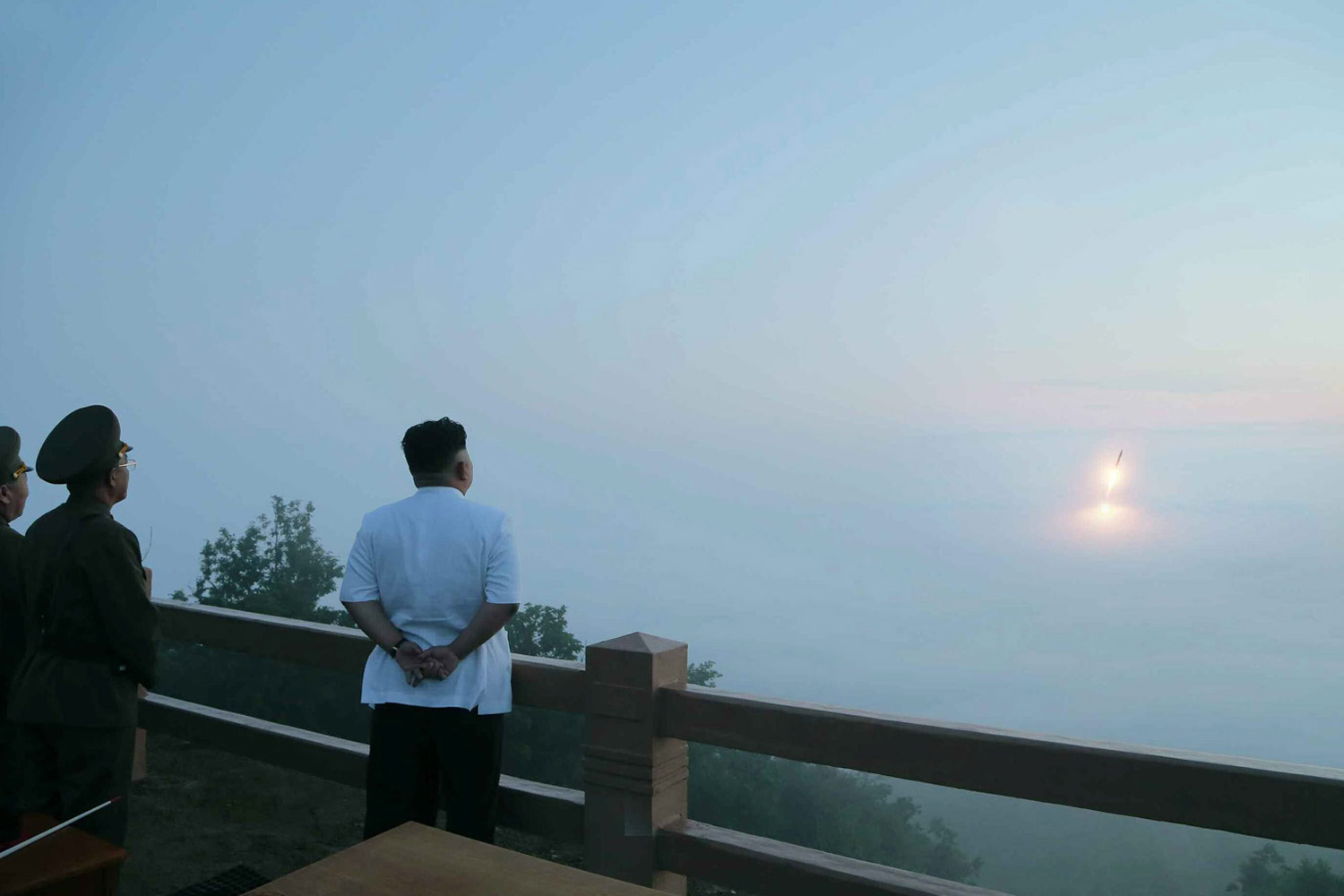
But China-DPRK relations, already cooling during the rule of Kim Jong Il, have turned even frostier under the leadership of his son, Kim Jong Un. Chinese President Xi Jinping, himself in office since late 2012, has made it clear he believes North Korea should abandon nuclear weapons — a position not appreciated by Pyongyang. One Chinese expert on North Korea — who wishes to remain anonymous because he was not authorized to speak to the foreign media — says that he has heard that Chinese leaders have tried in recent months to arrange high-level meetings in Pyongyang but have been rebuffed. “The Chinese do not like to kowtow to a strange man,” he says, referring to Kim Jong Un. “We are losing our patience.”
Earlier this year in Dandong, a Chinese border town with North Korea, businessmen complained about how trade had dried up, ever since Kim’s uncle Jang Sung Taek, who was a leading proponent of economic reform, was executed in 2013. A fancy new bridge designed to facilitate economic activity between the two countries — paid for, naturally, by China — appeared empty and forlorn. Rather than tales of business deals, locals talked about the latest North Korean soldier who had slipped across the border and robbed Chinese at gunpoint. “Business is getting worse and worse,” said one Dandong businessman who has been to Pyongyang dozens of times. “No one knows when it’s going to get better.”
Meanwhile, on Aug. 24, the Global Times, a Chinese Communist Party–affiliated daily, published an editorial warning that forces on the Korean peninsula might be trying to “strip China of its strength and geopolitical advantages.”
China, under President Xi, has spent months building up to a blowout military parade scheduled for Sept. 3 in Beijing to mark the 70th anniversary of Japan’s defeat in World War II. South Korean President Park, representing a country that was brutally colonized by Japan, is expected to be in Beijing at that time, although it’s not clear whether she will attend the military festivities. There is, however, no word on the planned whereabouts of the North Korean leader. “Kim’s recent actions are very clearly designed to drive a wedge between Seoul and Beijing,” says Zhu Feng, a foreign policy expert at Nanjing University. “There is a lot of disappointment and dissatisfaction on both sides [in China and North Korea].”
The Global Times op-ed speculated that the latest Korean hostilities, some of the worst since the North sank a South Korean navy ship in 2010, could be aimed at forcing Park to cancel her trip to Beijing, at a time when China hopes to show off new military hardware and flex its geopolitical muscle. “Beijing will not be led by the nose,” went the editorial, “and there is no force on the [Korean] Peninsula that could easily maneuver China.”
For all its expanding military arsenal and economic influence abroad, China’s diplomatic efforts have been less successful. “The whole situation [of China’s absence in the latest Korea talks] speaks to the limits of Beijing’s diplomatic clout, even with its neighbors, despite all the talk of China’s rise,” says Yonsei University’s Delury.
Instead, he says, “in a situation like this of real crisis, the United States is the key third party as far as both Koreas are concerned. Indeed, the North Korean Foreign Ministry went so far as to obliquely chide Beijing for telling them to have restraint, in the face of large-scale military exercises by South Korea and the U.S. I would not go so far as to say this is any kind of tipping point in China–North Korea relations, but rather, it underlines how weak the ties are between Xi Jinping and Kim Jong Un.”
More Must-Reads from TIME
- How Donald Trump Won
- The Best Inventions of 2024
- Why Sleep Is the Key to Living Longer
- Robert Zemeckis Just Wants to Move You
- How to Break 8 Toxic Communication Habits
- Nicola Coughlan Bet on Herself—And Won
- Why Vinegar Is So Good for You
- Meet TIME's Newest Class of Next Generation Leaders
Contact us at letters@time.com